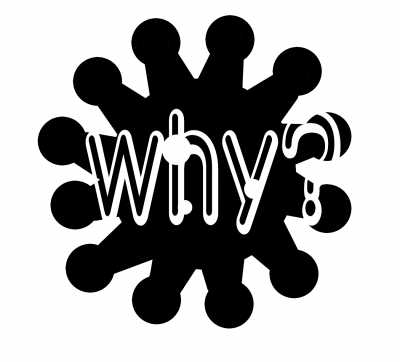WARNING: THIS ARTICLE CONTAINS SPOILERS FOR THE NEW SEASON OF “THE GOOD DOCTOR.”
Before I begin with the usual fare, I’d like to apologize for the long absence of articles. I recognize following up a two-parter holiday special with a two-week hiatus might not be the most typical of moves, but midterms stacked with mental health concerns stacked with a family emergency kept me from having time to write, and for that I’m sorry.
However, a number of television serials began airing new seasons during my leave of absence, including “The Good Doctor,” a procedural drama following a brilliant doctor who happens to have autism. The first episode of its fourth season aired on Nov. 2.
A great deal could be said about “The Good Doctor’s” decision to not only include a neurodiverse character — something television series aren’t always willing to do, even as mental health issues become less and less stigmatized — but to feature a neurodiverse protagonist, especially in a genre as formulaic as the medical procedural serial.

In fact, I had a whole article teed up about the intricacies of representing neurodiverse characters in fiction for the fourth season’s debut. Then, the first episode was about COVID-19.
The coronavirus is not just a background element, either. The episode, appropriately titled “Frontline,” wastes no time before including current events. It features a number of COVID-19-positive characters within the first third of the episode before having one of the main cast members postpone their previously built-up return to their hometown as a result of not wanting to travel during a pandemic.
Eventually, one of the patients from the opening third dies of the virus, and the cast of doctors struggle with not allowing the deceased’s family to be with her in her final moments, or to even see her body.
If it were any other infectious disease, this would all feel quite tragic and heartfelt — an excellent display of the human costs of the medical field. But somehow, the mere fact that it’s COVID-19 makes the entire thing feel self-congratulatory at best and anxiety-inducing at worse. Personally, I feel the episode never should have been made.
I know this is probably not a position long-time readers will have expected me to hold. After all, just two articles ago I spent a great deal of time and energy explaining how creators and consumers alike shouldn’t shy away from politics in their media because everything is inherently political.
If one were to go back even further in my work, they’d find me covering topics as diverse and controversial as political polarization, the necessity of rebellion and the consequences of war. What makes this so different?
This returns to one of the ideas mentioned in my first Halloween article — specifically, the idea of politics as theory. Just as “politics,” broadly defined, is not government, it also isn’t current events for much of the same reason. Something being political doesn’t make it politics.
Under this politics-as-theory conception, what’s important when discussing politics in general, but especially in fiction, is not simply the facts of what one is discussing. Rather, the importance lies in what can be said about those facts and what theory one chooses to promote during the discussion. In other words, just describing a government or including current events in your media is not enough. You have to say something about them.
To this end, I’m not sure what “The Good Doctor” is trying to say by starting out its fourth season with this incredibly topical disease. Time and time again, it goes out of its way to show us how awful this virus is — how quickly it can spread, how severe its symptoms can be, how it chooses its victims indiscriminately — but it fails to do anything with that awfulness. Instead, the episode is seemingly content with allowing the characters to wallow in their despair for the sake of the show’s timeliness.
Several times throughout the episode, I found myself thinking, “I get it, COVID-19 is bad. What do you want me to do about it?” I suppose this question underlies the problem: the show has no messaging, but just mere acknowledgement that the virus currently impacting the lives of everyone on the planet exists and is bad. This is not the way to include politics in media.






















































































































